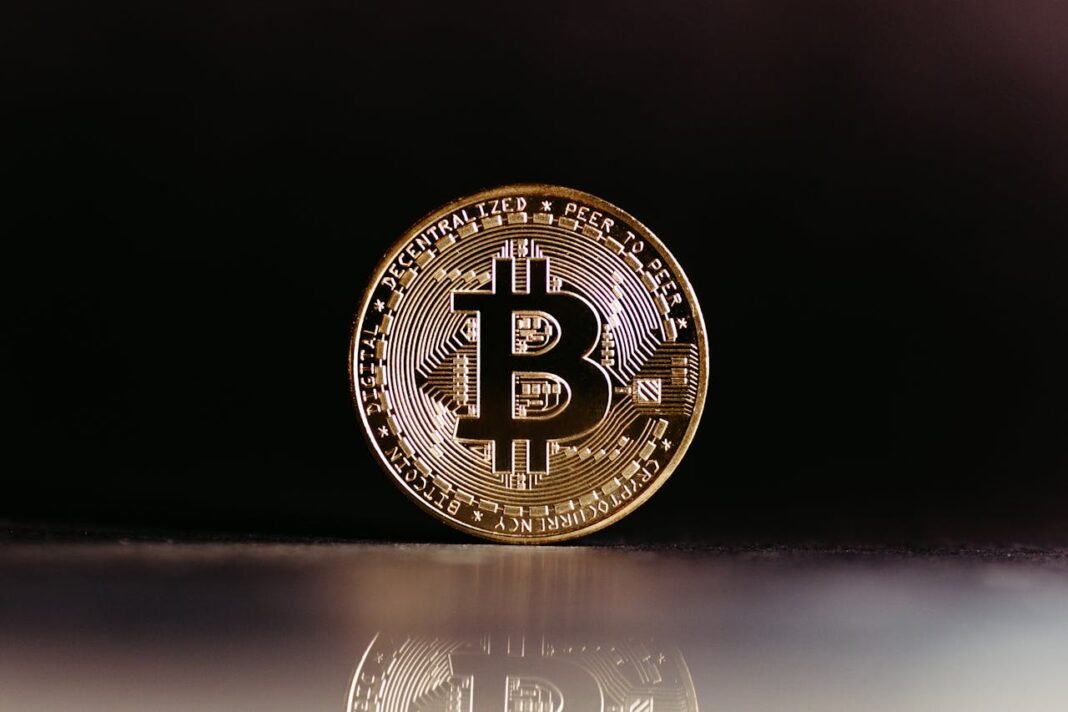- Spokane is thinking about banning crypto kiosks due to rising fraud concerns, especially involving elderly victims.
- While scams are real, these machines also serve people who lack access to traditional banking.
- Instead of a full ban, maybe better rules and education could help keep users safe without blocking access.
So, Spokane, Washington—yep, that quiet-ish city in the Pacific Northwest—is now making headlines in the crypto world. And not for launching a cool Web3 startup or anything. Nope. The city is considering banning crypto kiosks. You know, those Bitcoin ATMs you sometimes see at gas stations or sketchy corners of convenience stores? Yeah, those.
Honestly, I didn’t think this would become a city council-level issue. But here we are.
What Are These Kiosks Anyway?
Okay, quick recap for anyone who hasn’t come across one: crypto kiosks are like ATMs for Bitcoin and other cryptocurrencies. You can insert cash and receive BTC, or sometimes even send Bitcoin to someone. Some let you sell too. It’s supposed to make crypto more accessible, especially for folks who don’t have bank accounts or are underbanked.
Sounds kind of helpful, right?
But there’s a catch. Actually, a few.
Why Spokane Is Thinking of Banning Them
The city’s concern isn’t with crypto itself—it’s with fraud. Apparently, scammers have been tricking people (especially older folks) into depositing cash into these machines, thinking they’re paying a bill or helping a relative. Total “Grandma gets a weird call from the IRS” situation, except the money goes straight into crypto, which is way harder to trace or reverse.
It’s gotten bad enough that Spokane County’s sheriff and other local officials have started sounding the alarm. They’re saying these machines are being abused, and because they’re not well-regulated, it’s hard to hold operators accountable.
One council member said the machines are “ripe for abuse”. That doesn’t sound like a rave review.
Real People Getting Burned
There was a recent case where a Spokane resident lost $15,000 after a scammer convinced them to deposit money into a kiosk to “unlock a frozen bank account”. It’s heartbreaking. And it’s not rare. Some reports say crypto ATM fraud has spiked nationwide.
I mean, it makes sense. If you’re a scammer, you’re probably not going to tell your victim to wire money to a Swiss bank anymore—you tell them to drop cash into a crypto machine and disappear into the blockchain. It’s fast, anonymous, and almost impossible to unwind.
Should the Machines Go or Stay?
Here’s where it gets tricky.
Yes, scams are real. And yes, some crypto kiosks aren’t exactly run with the highest standards. But banning them outright? That feels like throwing the baby out with the bathwater.
There are legit use cases. People without bank accounts use these to send money to family overseas or buy crypto safely without handing over all their info to an exchange. There’s also a privacy angle that matters to a lot of users—not everyone wants to KYC their way through every transaction.
Maybe more regulation would be smarter than an outright ban. Such as making kiosk operators register with the city, post clear warnings, or even set up fraud prevention education for new users.
But who knows if Spokane’s ready for that middle-ground conversation?
My Two Cents
It’s easy to roll your eyes and say, “Just don’t fall for scams,” but real people are getting hurt. At the same time, technology—especially financial tech—usually grows faster than regulations can keep up. Crypto kiosks are a perfect example of that.
Still, banning them entirely? I don’t know. It feels like banning the internet in 1997 because someone got a virus. Yes, it’s new and messy and not always safe, but there’s potential there. The answer probably isn’t censorship—it’s smarter oversight.


